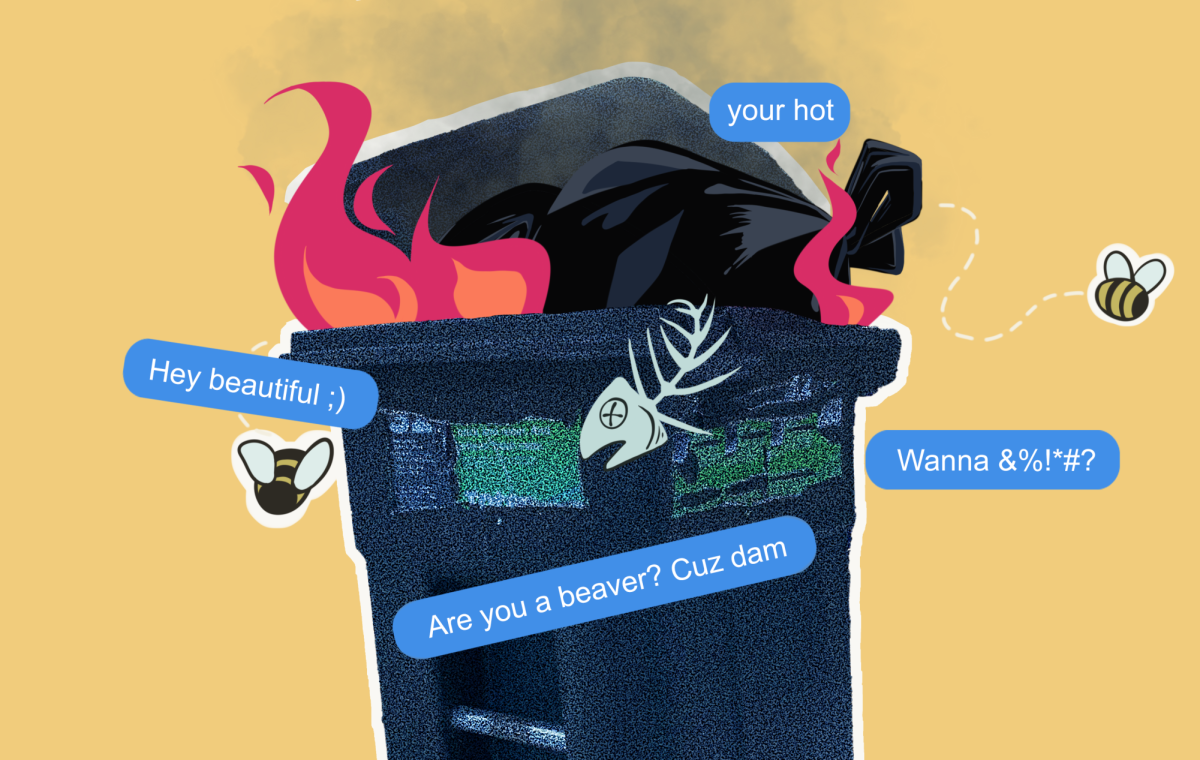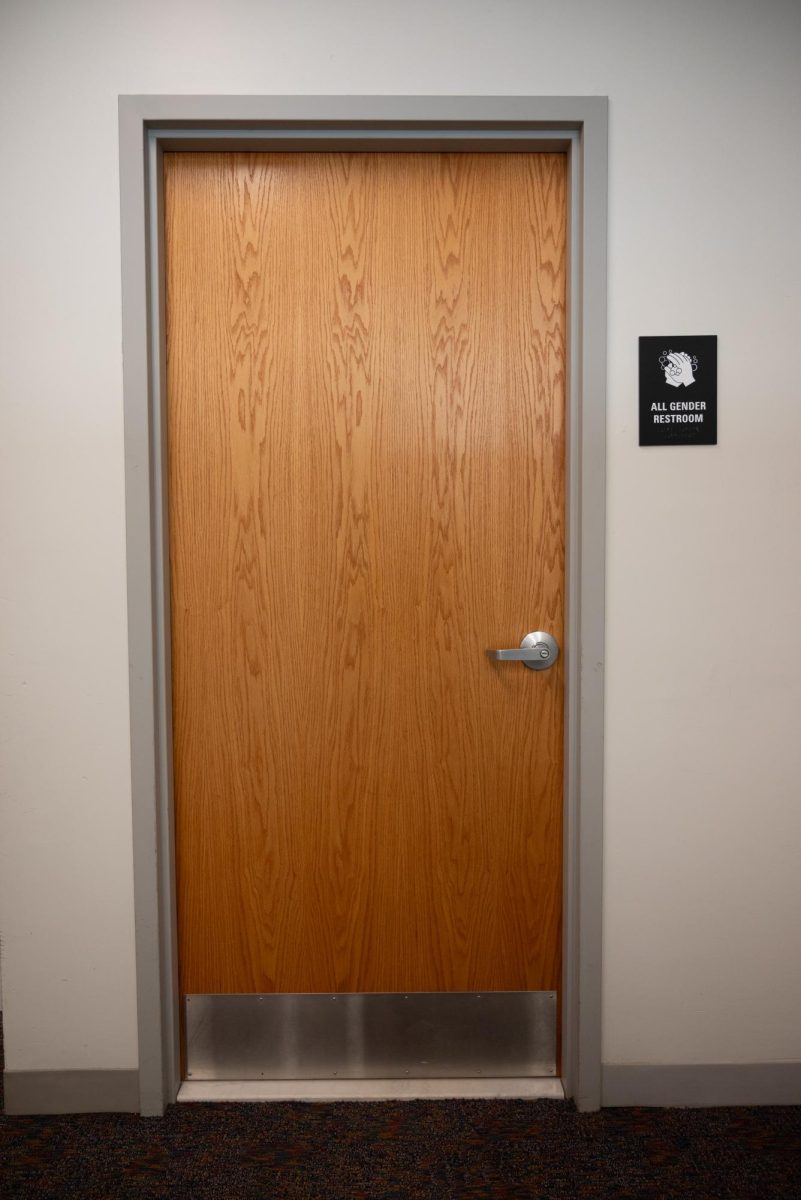 It’s possible several on-campus buildings will still lack power by Thursday morning – power that’s been out since late Tuesday – meaning there will still be students sleeping on couches and in Cabot Center cots. Though the university has provided amply for these students, especially those in Cabot – toiletries, free meals, plenty of space – it still seems inefficient, and certainly inconvenient for those involved, to displace students because of power outages.
It’s possible several on-campus buildings will still lack power by Thursday morning – power that’s been out since late Tuesday – meaning there will still be students sleeping on couches and in Cabot Center cots. Though the university has provided amply for these students, especially those in Cabot – toiletries, free meals, plenty of space – it still seems inefficient, and certainly inconvenient for those involved, to displace students because of power outages.
The official reason goes that alarm systems, like fire and carbon monoxide detectors do not work when the power is out, Vice President of Student Affairs Laura Wankel said to students at Cabot Wednesday morning. Thus, allowing students to sleep in their own beds becomes a potential safety hazard, and more importantly, a legal liability. There’s probably a myriad of other such potential legal issues the university deemed uncouth to tell students, so Huskies are stuck with the lame excuse that the fire alarms and carbon monoxide detectors won’t work – despite the fact that the individual battery-powered alarms in rooms would continue to work perfectly fine.
It’s worth noting that tenants were forcibly “evacuated,” with Resident Assistants giving students 15 minutes to gather a night’s worth of supplies and either find a couch or head to Cabot.
The 800 students displaced were mostly on St. Stephen and Hemenway streets, the only part of campus powered by the now-defunct Scotia Street power substation. The rest of campus gets its power from a station on Mission Hill, and was unaffected. If the entire campus was connected to the Scotia Street generator, would forced evacuation still be the best course of action?
In any case, it’s not the worst thing that could happen, and, though communication levels varied, students were reasonably well informed. This is not the case for off-campus students. All off-campus students received was an NU Alert to avoid the Back Bay Area, than an email and a news blast from Off Campus Student Services (OCSS) a day later, rehashing the information given to on campus students – that is, if they’ve signed up for the OCSS mailing list. None of the emails directly state that the services open to students in evacuated dorms were available to off campus students that lost power.
For a situation serious enough to literally kick students out their residences for multiple nights, it couldn’t hurt the university to keep the entire student body – especially students living across the street from evacuated buildings – equally informed. It’s true that with off-campus living comes off-campus responsibility, but there’s certain necessary information off-campus students received a day after they should have, and it wasn’t clear whether or not it applied to them.









